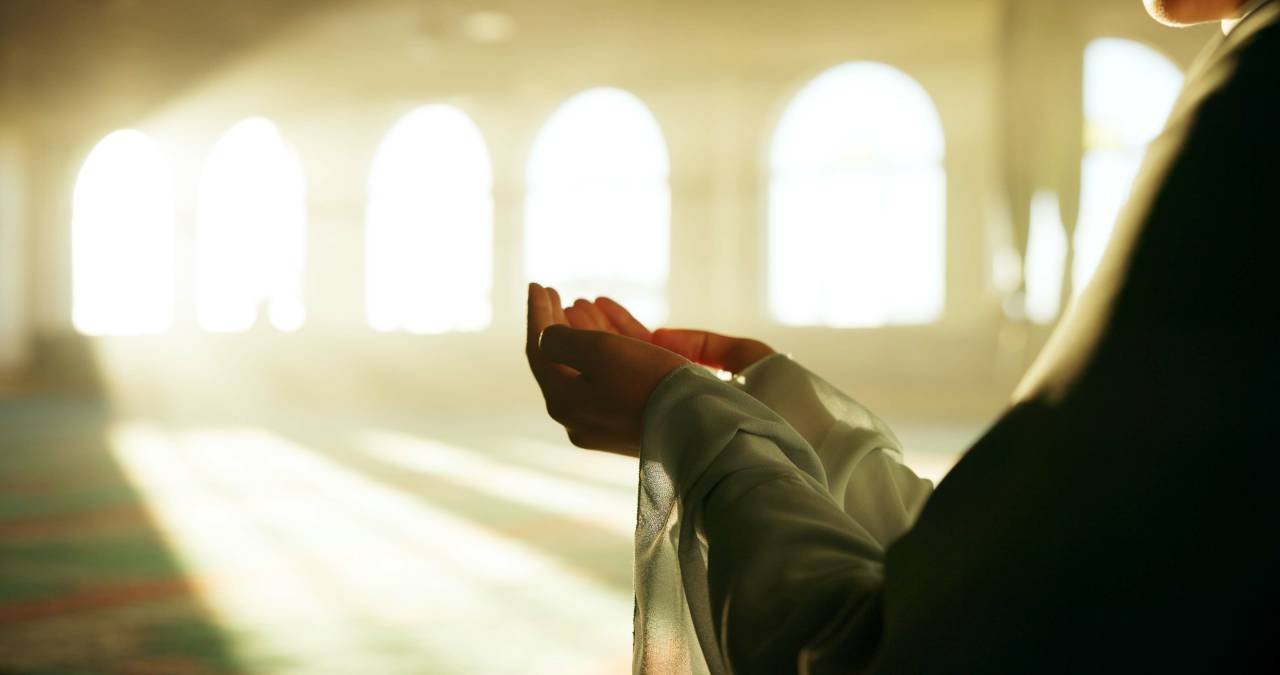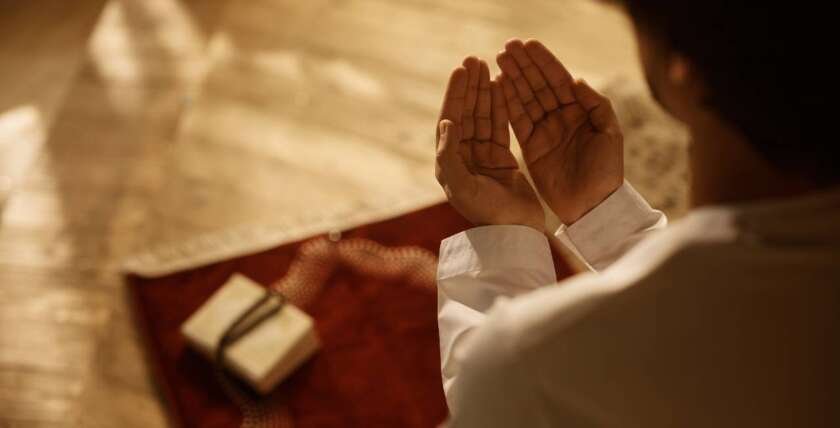Fajr, the first of the five daily prayers in Islam, holds a unique place in the spiritual lives of Muslims. It is performed at dawn, a time when the world is still quiet and the day begins to unfold. This prayer sets the tone for the rest of the day, offering a moment of connection, peace, and spiritual clarity. Let’s explore the significance of Fajr and how it enriches the lives of those who observe it.
What is Fajr?
Fajr, meaning “dawn” in Arabic, is the morning prayer performed before sunrise. It consists of two units of prayer (rak‘ahs) and is one of the most beloved acts of worship in Islam. The time for Fajr begins when the first light appears on the horizon and ends just before the sun rises.
The Timing of Fajr
The early morning hours of Fajr are imbued with tranquility and blessings. This sacred time, often referred to as “Barakah time” in Islamic tradition, is a period of spiritual calmness when the distractions of daily life are at a minimum.
Many verses in the Qur’an emphasize the importance of this time. Allah says:
“Establish prayer at the decline of the sun until the darkness of the night and the Qur’an of dawn. Indeed, the recitation of dawn is ever witnessed.”
(Qur’an 17:78)
This verse highlights that Fajr is a prayer that is “witnessed,” implying its special significance in the sight of Allah and the angels.
Why is Fajr So Special?
- A Time of Spiritual Renewal
- Fajr marks the beginning of a new day, offering Muslims a fresh opportunity to reset their intentions, seek forgiveness, and realign their focus on what truly matters.
- Discipline and Devotion
- Waking up before sunrise to perform Fajr requires effort, discipline, and a commitment to one’s faith. This act of rising early symbolizes putting Allah above all worldly comforts, including sleep.
- Blessings and Rewards
- The Prophet Muhammad (peace be upon him) said:
“The two rak‘ahs of Fajr are better than this world and everything in it.”
(Sahih Muslim)
This hadith illustrates the immense spiritual reward of Fajr, showing that even a brief moment of devotion at dawn carries unparalleled value.
- The Prophet Muhammad (peace be upon him) said:
- A Moment of Quiet Reflection
- At dawn, the world is still and peaceful, creating the perfect atmosphere for contemplation, gratitude, and connection with Allah. This serenity allows believers to focus deeply on their prayers and recitations.
The Physical and Mental Benefits of Fajr
- Improves Sleep Patterns: Observing Fajr helps regulate sleep cycles, promoting an early bedtime and an energizing start to the day.
- Boosts Mental Clarity: Beginning the day with prayer fosters mindfulness and sets a positive, purposeful tone for the hours ahead.
- Promotes Discipline: The act of waking up early to perform Fajr instills a sense of self-control and commitment, which can carry over into other areas of life.
Practical Tips for Performing Fajr
- Go to Bed Early: Ensure you get adequate rest by setting a regular bedtime that allows you to wake up feeling refreshed for Fajr.
- Set Alarms Strategically: Use an alarm or a dedicated prayer app to ensure you wake up on time.
- Find a Prayer Partner: Encourage family members or friends to join you in performing Fajr. Accountability can help build consistency.
- Prepare the Night Before: Lay out your prayer clothes or mat the night before to make it easier to rise and pray.
- Reflect on Its Importance: Remind yourself of the spiritual benefits and rewards of Fajr to stay motivated.
Making Fajr a Transformative Experience
Fajr is more than just an obligation; it is an opportunity to transform your day. By starting the day with a spiritual act of worship, you anchor yourself in gratitude and mindfulness. This prayer serves as a reminder that every new dawn is a gift, a chance to strive for righteousness and closeness to Allah.
A Daily Reminder of Faith
Performing Fajr consistently can transform your relationship with Allah and your overall outlook on life. The early hours of the day, bathed in the light of Fajr, are a testament to the beauty and discipline of Islamic worship. For those who observe it, Fajr is not just a prayer but a powerful way to begin each day with purpose, peace, and divine connection.
How has Fajr impacted your daily routine or spiritual journey? Share your experiences in the comments below!


